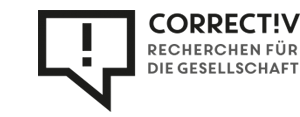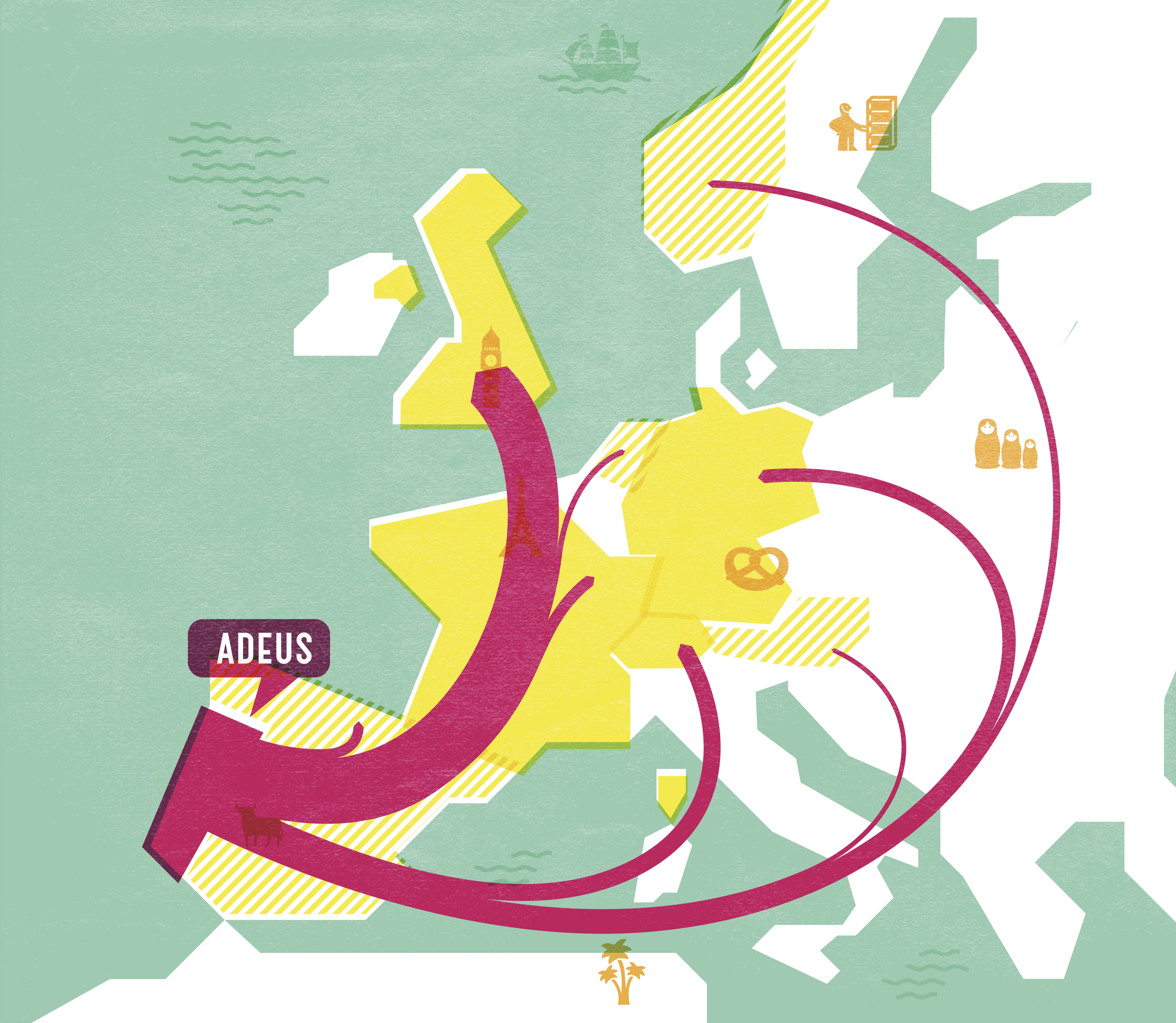Share this story
TIME TO READ: ABOUT 5 MINUTES
For a Portuguese mathematics researcher, pursuing an academic career abroad seems to be a natural choice. Writing from Bonn – “the epicenter of German mathematics” – Portuguese professor and researcher Diogo Oliveira e Silva tells the story of a cosmopolitan, highly qualified migrant who has crossed continents and experienced colorful research and social environments away from home.
It was back in 2012 that the 31 year-old scholar settled in the former German capital, but his migrant trajectory started well before that. The thought that there was a lot more out there that he could experience and learn was already present during his undergraduate years, with stays at the Technical University of Berlin in 2005 and the Independent University of Moscow the year before. There, Diogo studied math and both national languages.
After finishing his undergraduate studies at the University of Porto in 2006 – and aiming at pursuing a Ph.D. in mathematics – he “explored some local alternatives” in Portugal, but finally decided to go to the United States.
“The opinion among colleagues and professors was unanimous: a handful of foreign universities would provide me with a world-class research environment that was simply nonexistent in Portugal,” Diogo says. “Everybody agreed that I would be a much stronger candidate to fully integrate in a Portuguese university after such an experience.”
The six years that followed at Berkeley, California, he says, “amounted to a series of exciting adventures, mathematical and otherwise”. He eventually finished his Ph.D. in early 2012 and began thinking about coming back to Europe.
“During frequent trips to Europe I had realized that the situation seemed to have changed, and that the words ‚financial crisis‘ were everywhere to be seen or heard,” Silva says. He still believed in Europe and wanted to give it a second try after several years in the United States. “Would I enjoy it? Would I still feel at home? These were some of the questions that I should have asked myself before arriving to Bonn in the early fall of 2012. But didn’t have the time to do that.”
He was invited to join the Hausdorff Center for Mathematics of the Friedrich-Wilhelm University of Bonn, a city he describes as “a paradise for mathematicians”.
“Work at the university is exciting and challenging – now that I am teaching in German for the first time, also from the linguistic point of view.” He also travels a lot for hist job, mostly within Europe.
Over the course of the last year, he gave one talk every month in math departments all over the continent. “I got a privileged opportunity to witness and compare a sample of the research environments from eleven different countries.”
Stressing the fact that knowing the language allows foreigners “to get deeper into the German social tissue”, he speaks with enthusiasm about his experience in Germany, “a country where most things work well and living standards are pretty high”. He also enjoys that Germany is located in the center of Europe, from where it is easy to travel the whole continent – including Portugal.
Two years after settling in Bonn, Diogo goes back to the questions he didn’t have time to answer back in 2012. “Even with its harsh winters and frequent transport strikes, I still enjoy the European lifestyle very much. And I most definitely still feel at home around here.” Diogo is aware of the problems Europe has been going through, but expects things to get better. He keeps his fingers crossed for Portugal’s economic indicators to get back on track. Diogo hopes the country will be able to offer a more stimulating research environment and more competitive working conditions. “When that day arrives, I will pack my bags and go back home.”
Interested in more Stories?
Become a Member
You’ve got information for us?
Questionnaire
The project is still collecting stories in collaboration with CORRECT!V with the goal of strengthening the dataset and getting a better picture of the Generation E. The idea is to tell the migrants stories both in the countries they are from and in those they moved to. The project wants to give a look into a new European reality. You can read the form in six different languages on generatione.eu.
Become a member
Steal our Story
Help yourself! CORRECT!V is a non-profit newsroom. We want to uncover wrongdoing to change society for the better. To achieve this goal, we need as many people as possible to read our stories. Therefore we are happy if you make use of our stories by taking, republishing or sharing them. It doesn’t matter if you’re a local blog, an online-platform, a newspaper or a radio station: take it, for free. There is only one condition: We want you to notify us at info@correctiv.org. That’s important for us and our supporters. If you have a question, don’t hesitate to contact us via E-Mail. Thanks!
Do you want to use our map above for your print product or your web page? Feel free to download the graphic for every country here. There you can find as well the iFrame codes (German+English), if you want to embed it.


